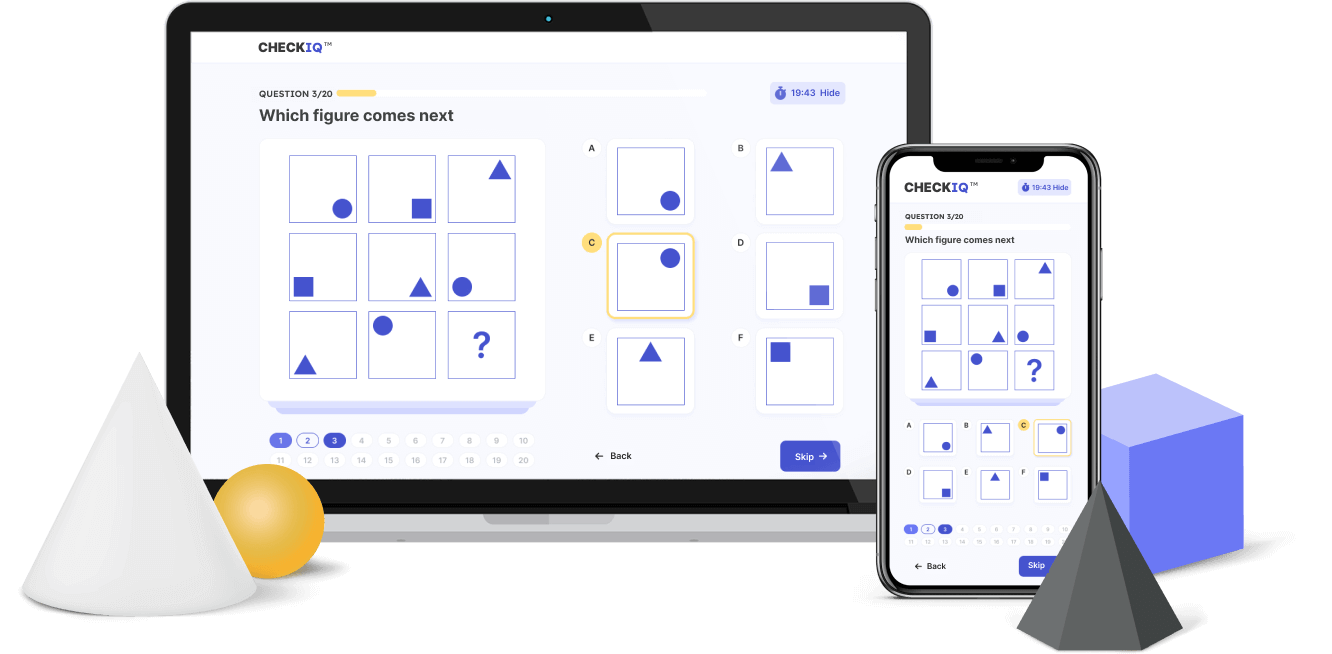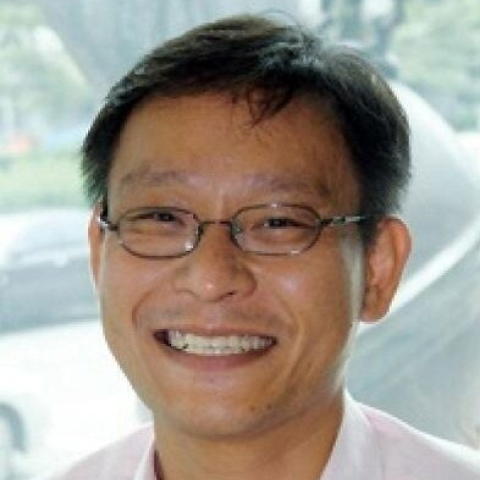Kim Ung-Yong: The Child Prodigy With a 210 IQ
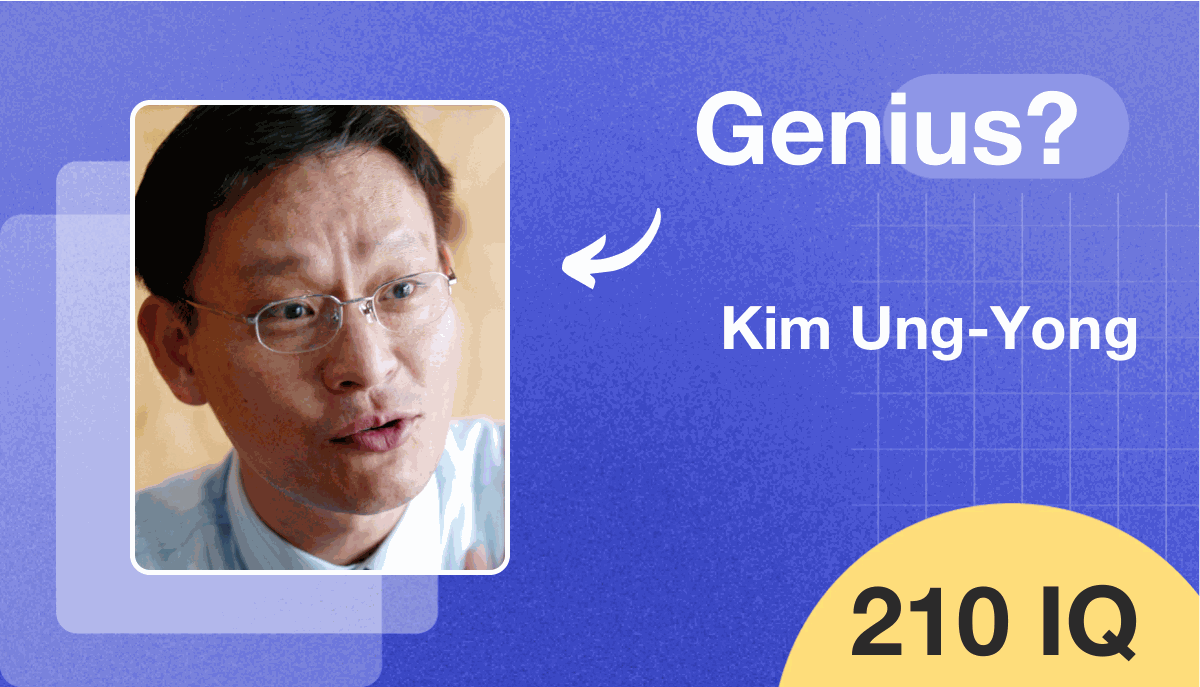
In the quiet corners of South Korea in 1962, a child was born who would soon capture the world’s imagination. Kim Ung-Yong, with a reported IQ of 210, quickly outpaced the academic achievements of almost anyone his age, or any age, for that matter. Kim had more than just a few signs of high IQ: by the time he was just six months old, Kim was speaking fluently, and at three years old, he was solving complex algebraic equations! The media buzzed about his extraordinary mind, likening him to the next Einstein, a child prodigy destined for greatness.
By age four, Kim was studying advanced physics at Hanyang University, becoming the youngest person to attend university. He amazed audiences on Japanese TV by solving differential equations at just five years old. And at eight, he received an invitation from NASA, where he would spend a decade working as a researcher, contributing to the organization’s mathematical research projects. But beneath this dazzling surface, Kim’s story would take an unexpected turn, a pivot that would challenge society’s narrow view of success.
Kim’s early years at NASA were filled with rigorous problem-solving, but the brilliance of his intellect was often overshadowed by a deep sense of loneliness, a feeling often seen as the curse of high IQ individuals. He described his time there as living “like a machine,” waking up each day to solve equations, isolated from the simple joys of childhood. Despite his incredible accomplishments, he longed for a more ordinary life, one where he could feel a sense of belonging, far from the constant pressure of being a child prodigy.
Back in South Korea, Kim faced practical challenges, like obtaining school diplomas that were required for employment, despite his advanced knowledge. He worked through these hurdles, eventually earning a Ph.D. in civil engineering. Instead of chasing high-profile roles, he chose a quieter path, working in academia and later as a professor at Chungbuk National University. His story became one of self-discovery, showing that intelligence alone doesn’t dictate one’s destiny.
From a life of numbers to a search for meaning
As an adult, Kim Ung-Yong often reflected on the burden that came with his genius. “Some think people with high IQs can do anything, but that’s not true,” he remarked in the Korea Herald. Despite mastering multiple languages and solving mathematical puzzles that confounded others, he never saw his life as a disappointment. He insisted that a high IQ doesn’t equate to limitless potential in all fields. For example, he couldn’t play music like Mozart, nor was he a high-IQ star athlete. For Kim, genius was just one facet of his identity, not the whole story.His journey challenges the narrative that those with exceptional intelligence must always achieve conventional forms of success. The media’s portrayal of him as a “failure” overlooked the reality of his contentment, a reality he chose over a life spent constantly trying to meet others’ expectations. Kim found fulfillment in a simple life, building connections with students and contributing to his community through teaching and research. For him, this was a true success, one measured not by global fame or accolades but by the quiet satisfaction of living authentically.
Some have questioned the extent of Kim's early accomplishments. Other went as far as questioning the accuracy of his reported IQ test score, which is one of the highest IQ ever recorded. Yet, Kim’s story offers a different perspective on what it means to be gifted and whether IQ matters to be successful. It suggests that perhaps the true mark of intelligence isn’t in how far one can rise, but in the ability to decide what kind of life to lead. In a world that often equates worth with ambition and sometimes links high IQ with money, Kim Ung-Yong’s story stands as a reminder that happiness and fulfillment don’t always come from meeting the highest expectations.
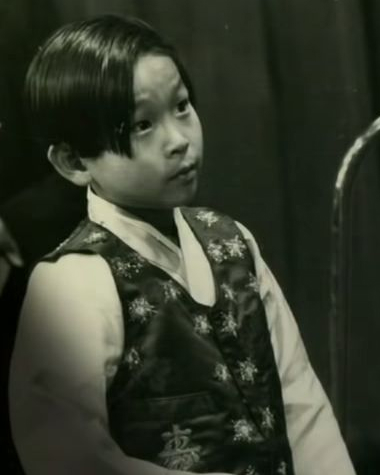

Average Confidence Level
MediumWe derived Kim Ung-Yong's estimated IQ from two sources: The Massachusetts Daily Collegian and Koreaboo. For an additional perspective, we are showing you the scores from three other sources with a lower level of confidence.
 Confidence Level: Medium
Confidence Level: Medium
 Confidence Level: Low
Confidence Level: Low
 Confidence Level: Low
Confidence Level: Low
 Confidence Level: Medium
Confidence Level: Medium
 Confidence Level: Low
Confidence Level: Low
5 Reasons Why Kim Ung-Yong's Genius Isn't Surprising
- Early Language Mastery: By the age of three, Kim Ung-Yong could read and write in Korean, Japanese, German, and English. He demonstrated exceptional linguistic abilities at a very early age.
- University Attendance as a Child: Kim Ung-Yong started attending university physics courses at the age of four. This was a clear indication of his extraordinary intelligence and academic capability.
- Collaboration with NASA: At the age of eight, he was invited by NASA to the United States. There, he furthered his education and later worked, showcasing his exceptional skillset and intellect.
- Record-Breaking IQ Score: Kim Ung-Yong's IQ is estimated to be around 210. He has one of the highest recorded IQ scores globally, underscoring his unparalleled intellectual abilities.
- PhD at Young Age: He earned a PhD in physics from Colorado State University before reaching his mid-twenties, exemplifying his advanced understanding and contribution to the field.
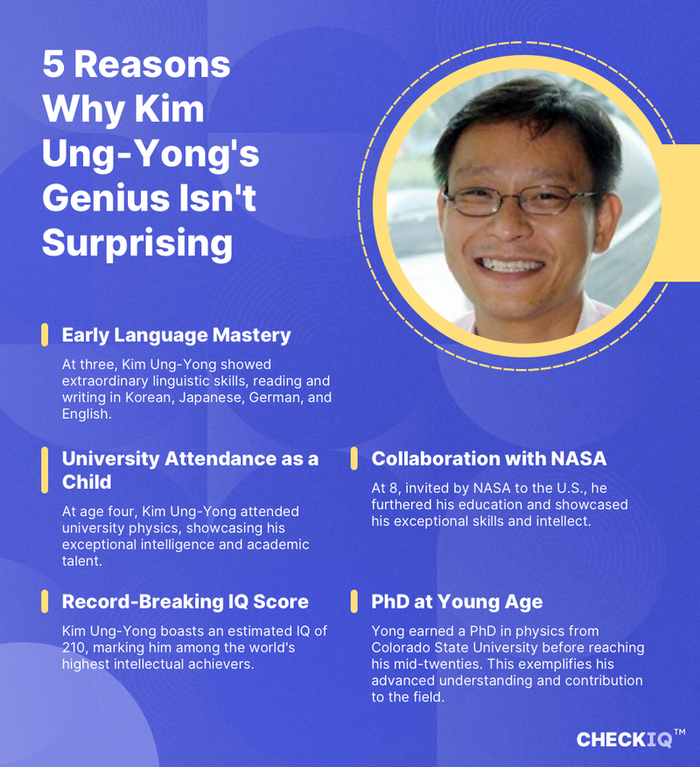
Try our accurate online IQ Test. Get your IQ score immediately.
Start IQ Test
How Does Kim Ung-Yong's IQ Compare to the Rest of the World?
Kim Ung-Yong's IQ of 210 is a staggering figure. This level of IQ makes him one of the smartest people to ever live.
To put it into perspective, Kim's IQ score places him well above the entry thresholds for the world's most exclusive high-IQ societies. Even the Epimetheus Society, which requires an IQ in the top 0.003% of the population, would find Kim's score extraordinary. Mensa International, widely known for its high IQ membership, requires a minimum score of 130 on tests using a 15-point standard deviation, or 132 on older tests based on a 16-point standard deviation. This is a mere baseline compared to Kim's achievements. His score also eclipses the requirement for the Triple Nine Society, aimed at the top 0.1% with a benchmark of 146. In simpler terms, Kim's intellectual capabilities are off the charts!
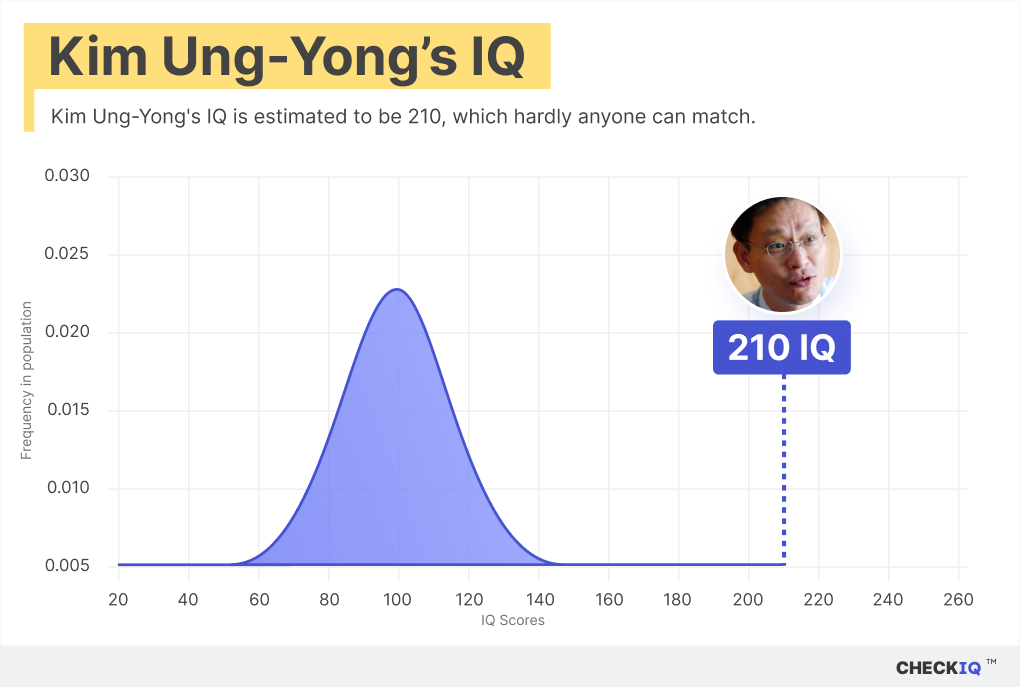
Comparing The 'Failed Genius' To Other Geniuses
There are many paths that a genius can take. Kim's story is not one of missed potential but rather of redefining what it means to live a life that values joy over prestige. While some media sadly labeled him as the 'missed genius,' his IQ still places him among the smartest people in history.
Kim's IQ score is remarkably close to Terence Tao’s 227 IQ, another child prodigy who transformed his early promise into groundbreaking achievements in mathematics. Tao’s work in number theory, harmonic analysis, and partial differential equations has earned him accolades worldwide, positioning him as one of the greatest living mathematicians. Yet, where Tao's life followed a trajectory of accolades and mathematical discoveries, Kim's took a different turn, one that traded the spotlight for the quiet contentment of a simpler existence.
Yet, Kim is not the only great mind to have taken a unique path. Consider Oppenheimer, with an IQ of 145. Though his IQ is significantly lower than Kim’s, Oppenheimer’s impact on history is undeniable. As a leading figure in the Manhattan Project, Oppenheimer played a pivotal role in developing the atomic bomb, a responsibility that brought both admiration and moral anguish.
Then there is Edward Witten, whose IQ of 191 has made him a revolutionary figure in the field of theoretical physics. Ed Witten’s work has reshaped our understanding of string theory, a subject that might have captured Kim’s youthful imagination. Both men possess a profound affinity for the abstract, but Witten’s focus on the mysteries of the universe led him to redefine the boundaries of his field. Kim, by contrast, chose to focus on the tangible challenges of civil engineering in his later years, an endeavor closer to home, yet no less meaningful.
The comparisons continue with historical figures like Leibniz, whose IQ is estimated to have been around 190. Leibniz’s contributions to calculus laid the groundwork for generations of scientific progress, including the concepts that fascinated Kim as a child prodigy. One can imagine young Kim, immersed in mathematical texts, feeling a sense of kinship with Leibniz’s passion for unlocking the secrets of the universe through numbers. Yet, where Leibniz sought to create a legacy that would endure for centuries, Kim’s ambitions seemed to shift toward finding balance between his gifts and a life of personal fulfillment.
And finally, there is Alan Turing, whose IQ of 185 helped him decode the secrets of war and lay the foundation for modern computing. Turing’s pioneering work in AI and cryptography changed the course of history, ushering in an era of digital advancement that has reshaped the world. Yet, unlike Turing, whose legacy is marked by world-changing discoveries, Kim’s legacy is one of choosing his own definition of success, away from the pressures that come with being labeled a genius.
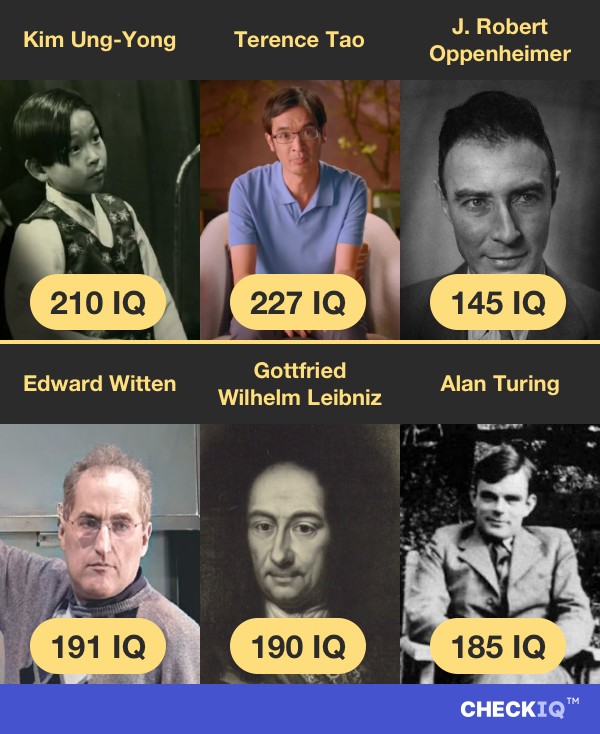
Do you think child prodigies have a hard life? Scroll down and drop your thoughts in the comments box section below!
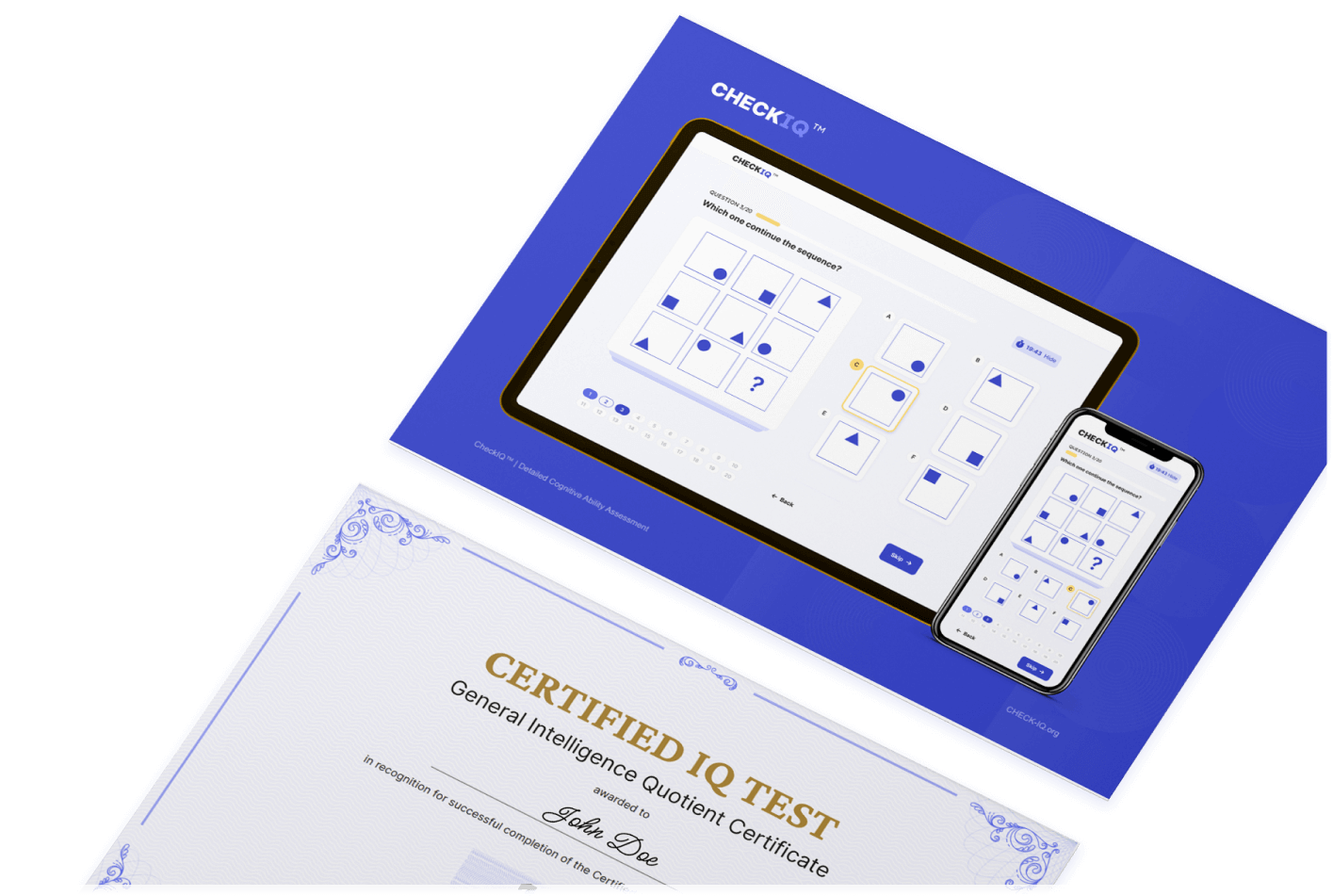
Check Out the IQ of Other Famous People
-
 Ben Affleck154 IQ
Ben Affleck154 IQ -
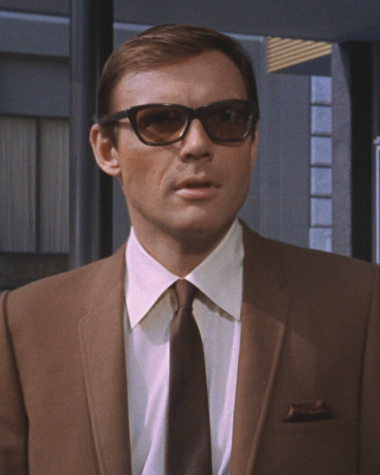 Bruce Wayne192 IQ
Bruce Wayne192 IQ -
 Kyrie Irving150 IQ
Kyrie Irving150 IQ -
 Lady Gaga166 IQ
Lady Gaga166 IQ -
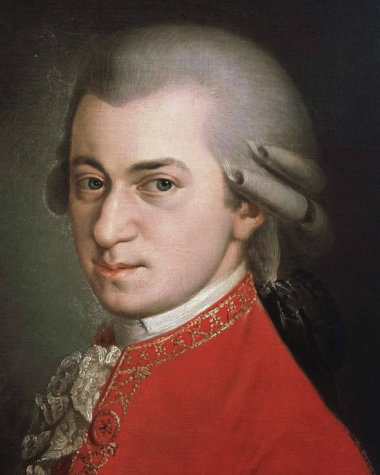 Wolfgang Amadeus Mozart150 IQ
Wolfgang Amadeus Mozart150 IQ -
 Blaise Pascal180 IQ
Blaise Pascal180 IQ
